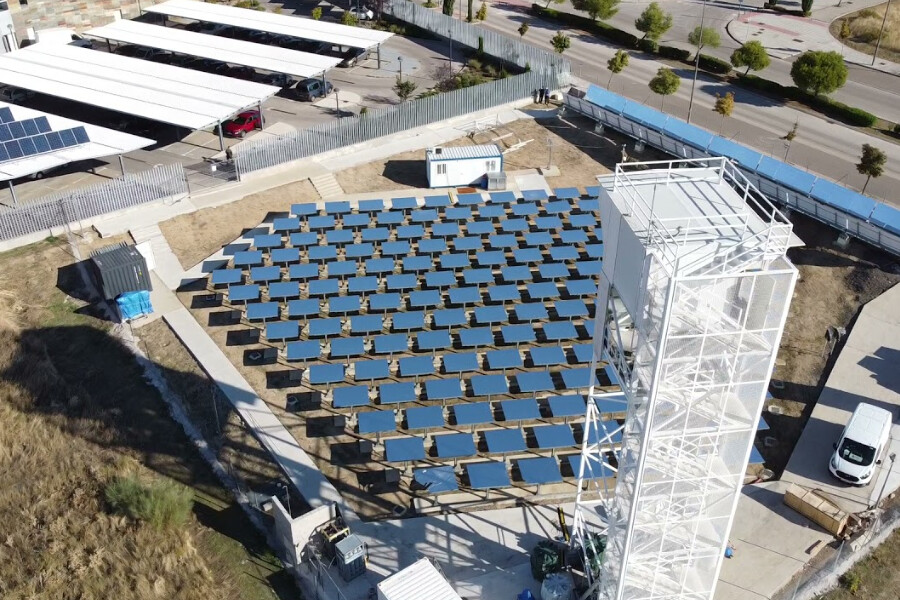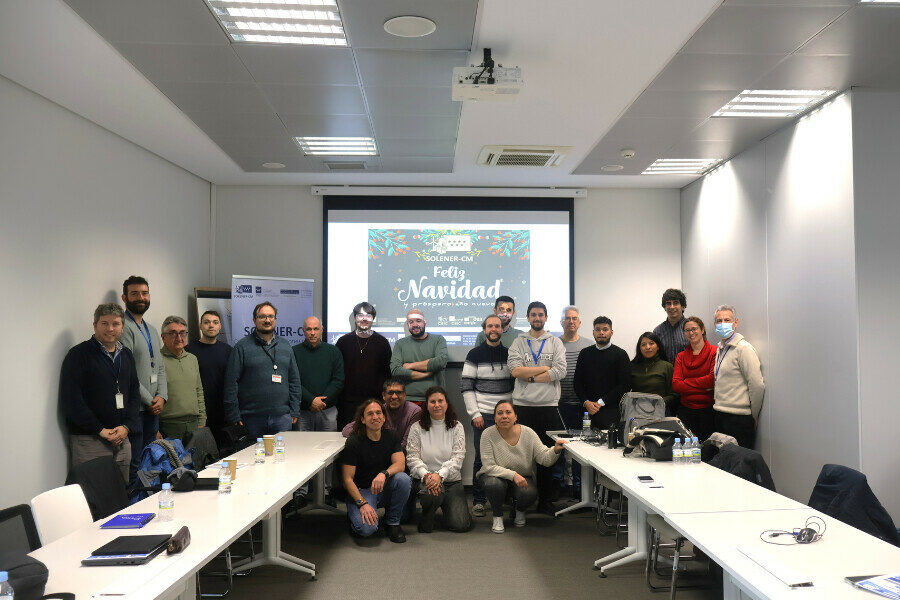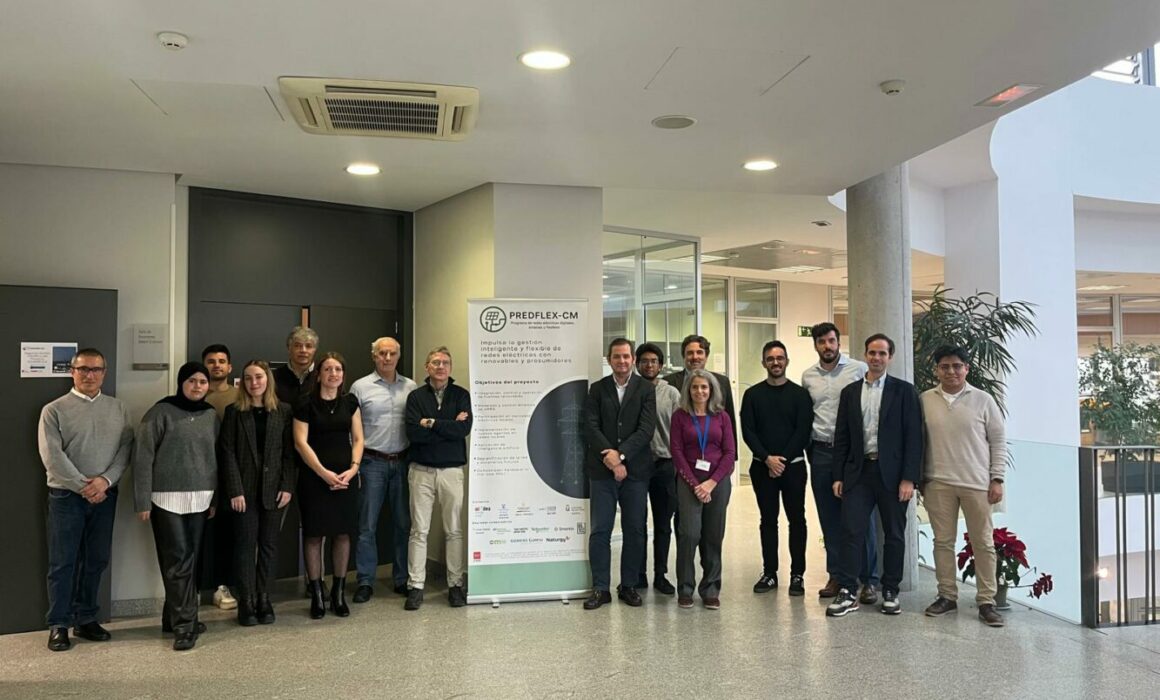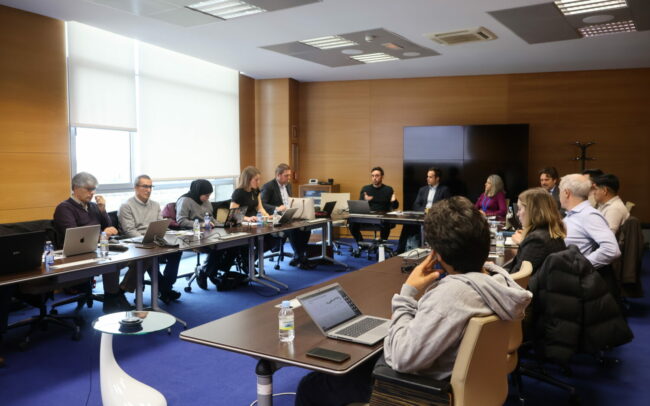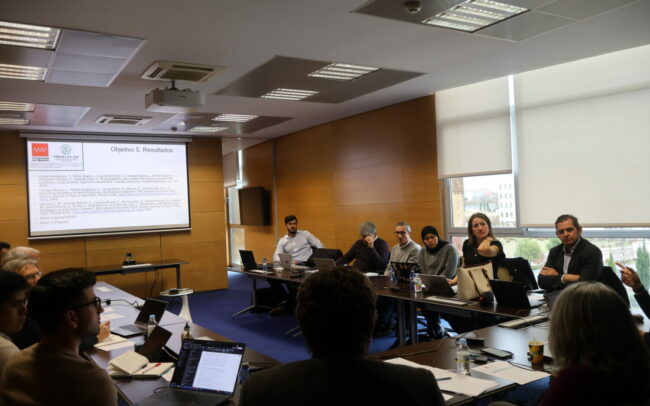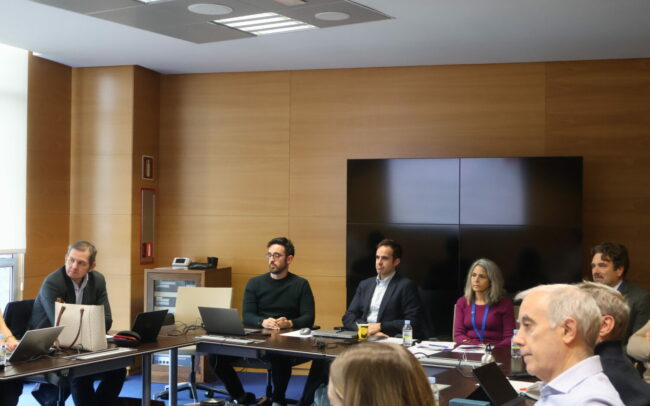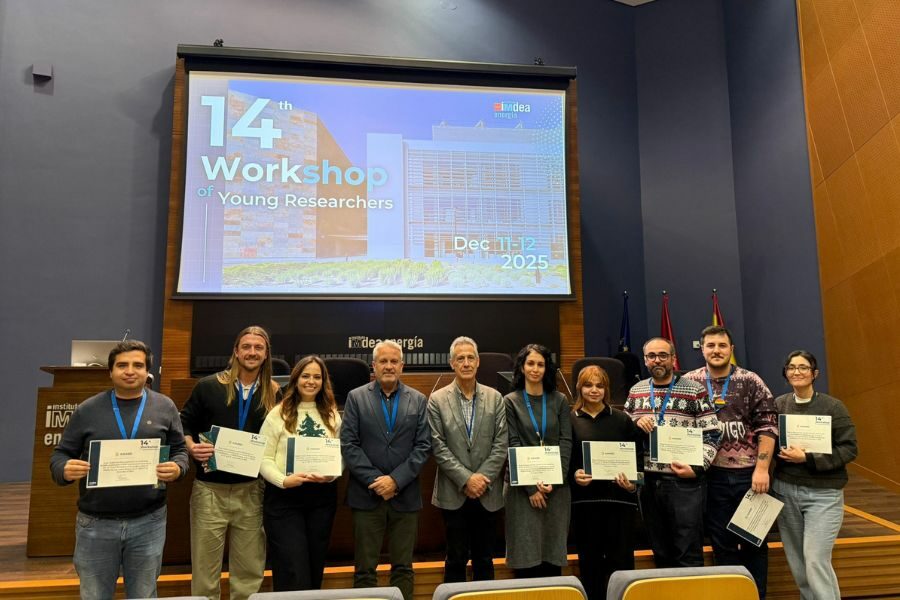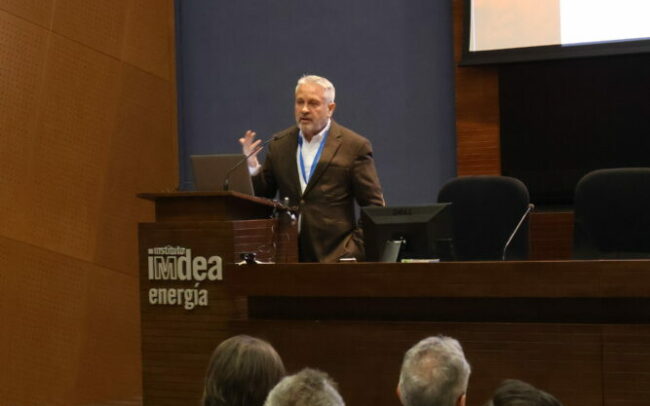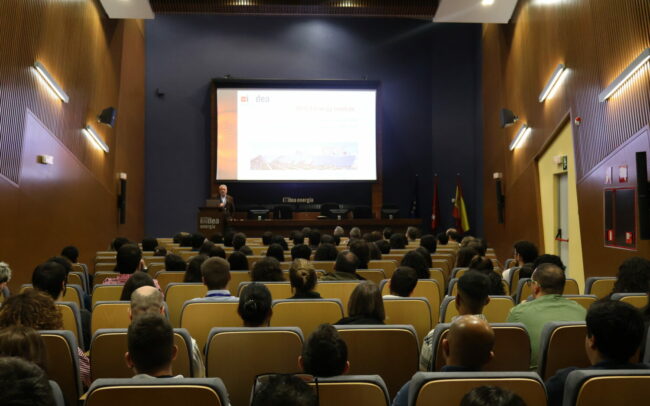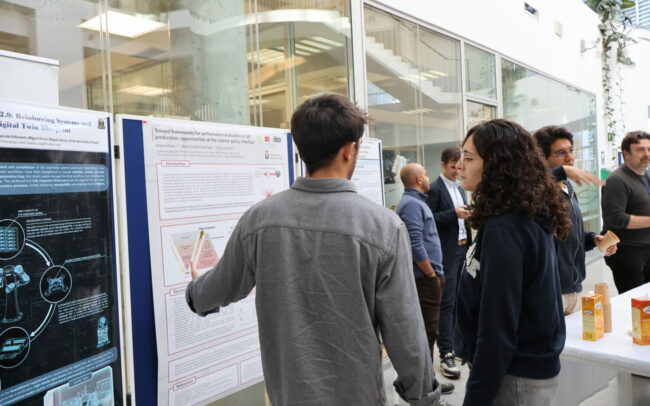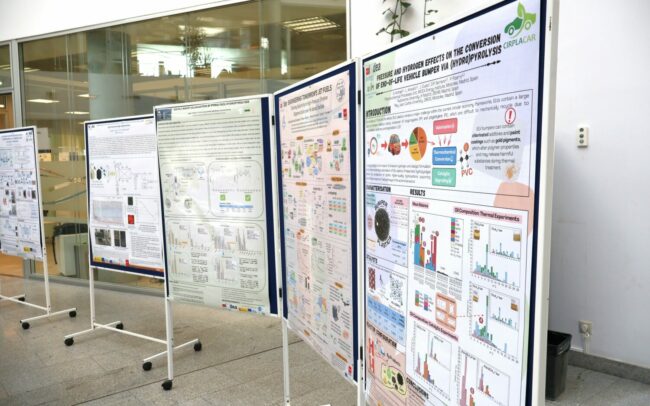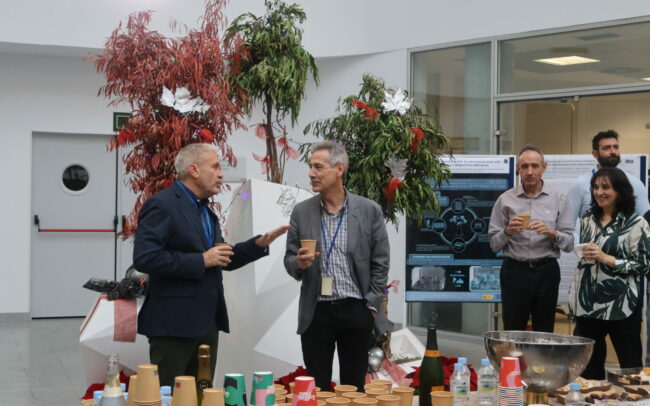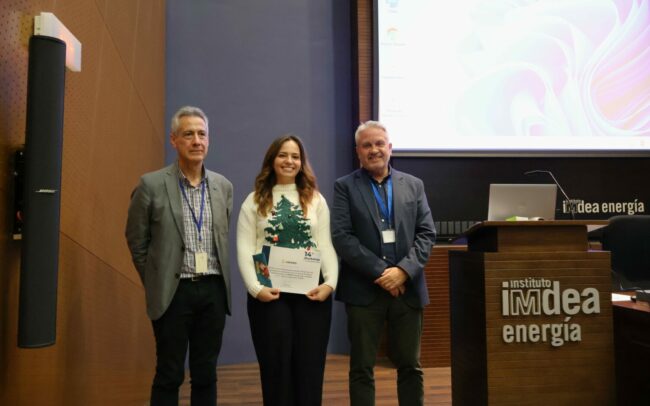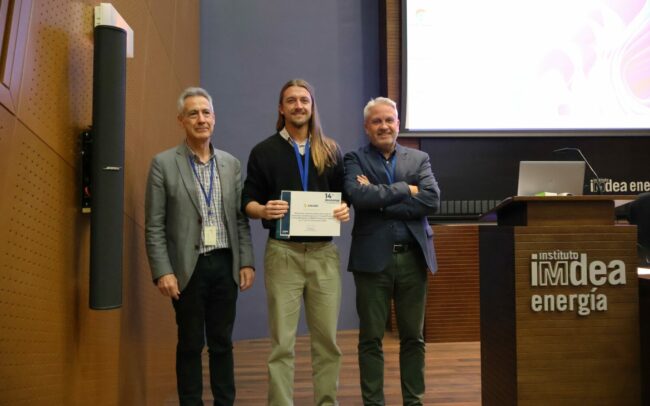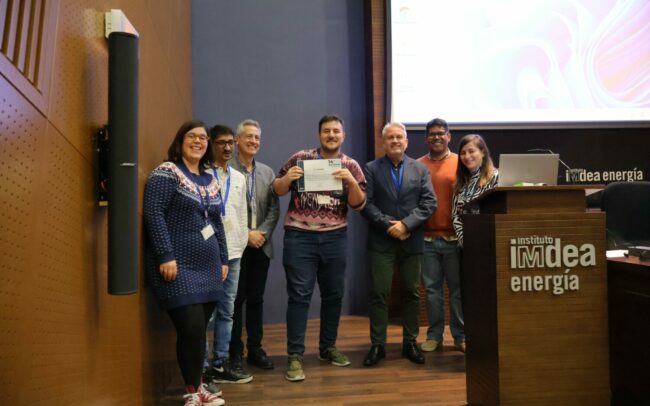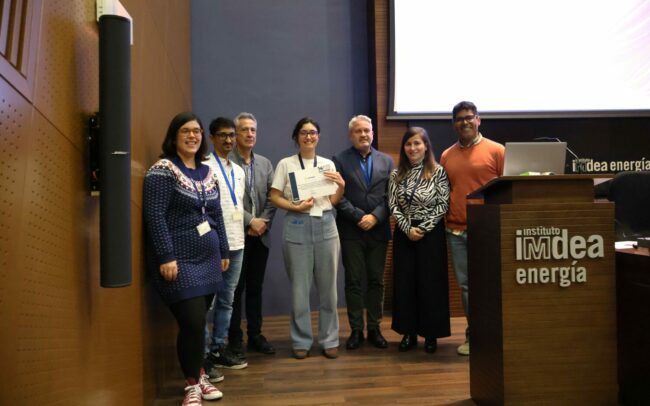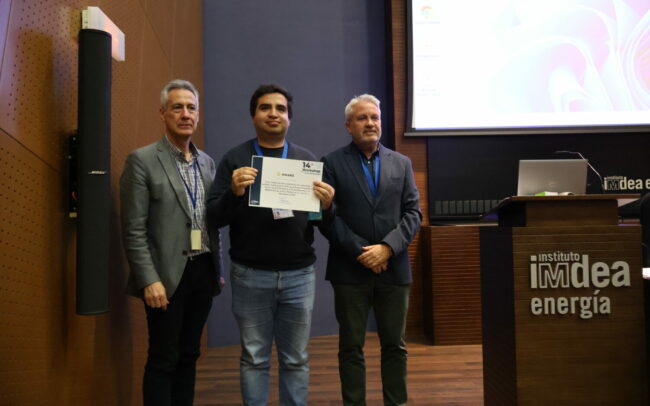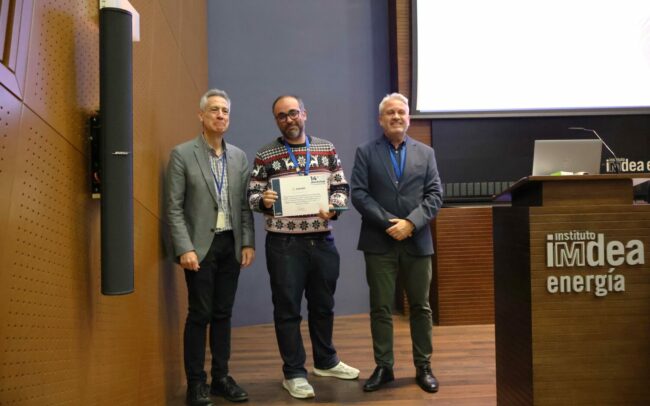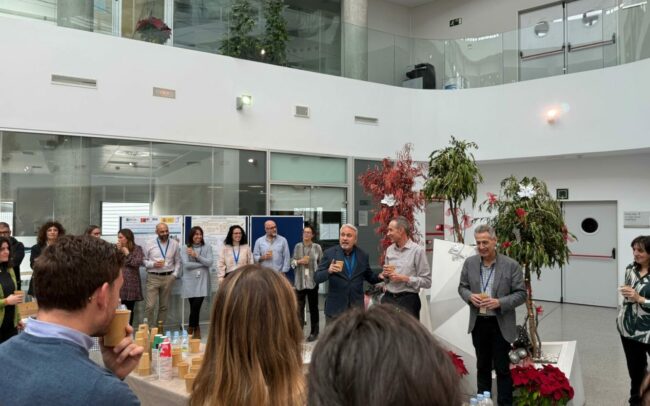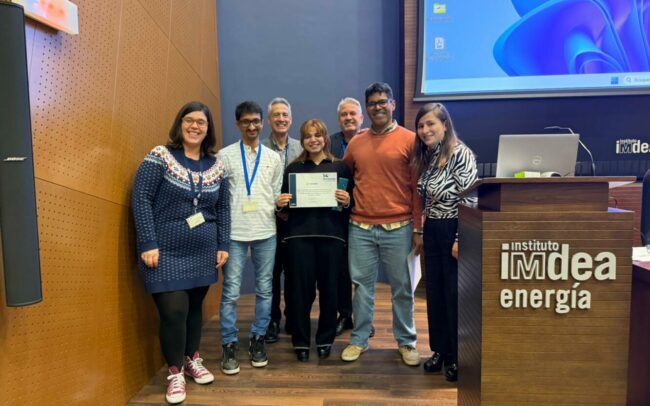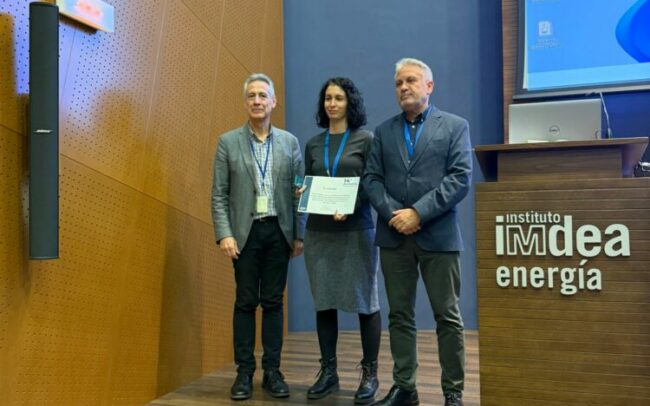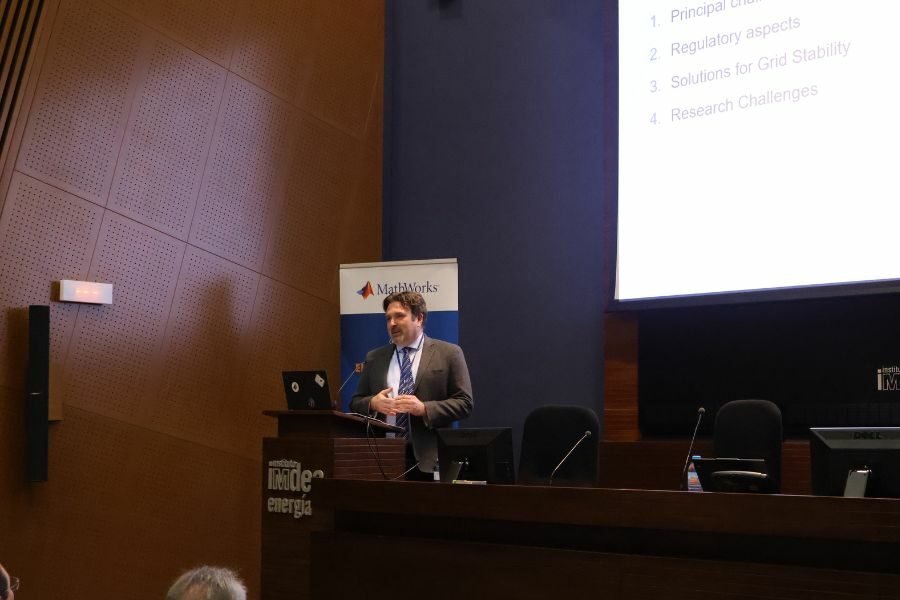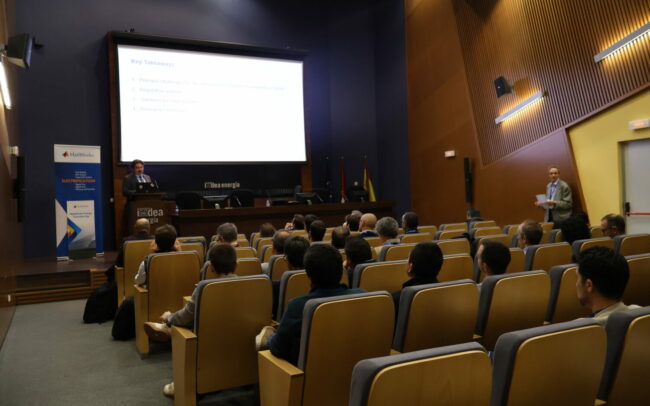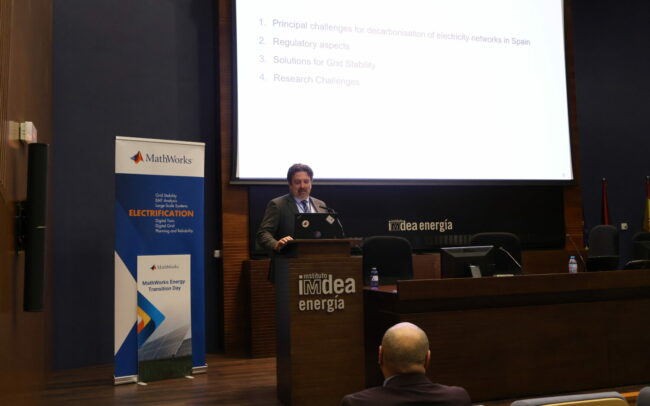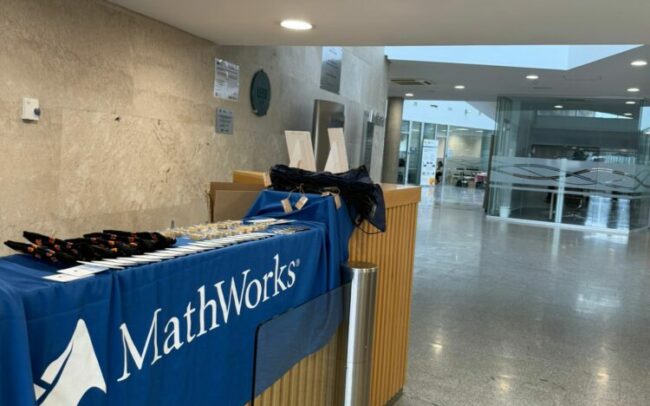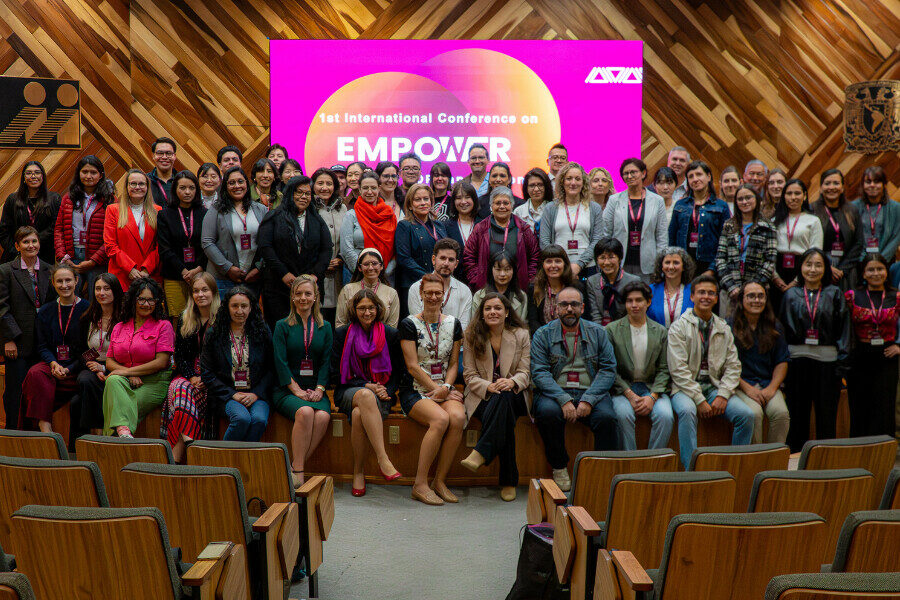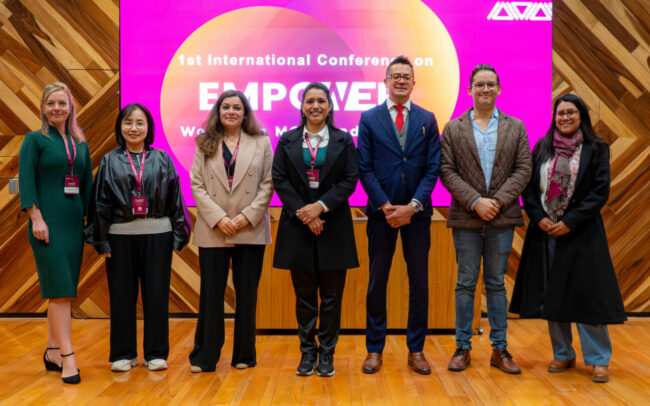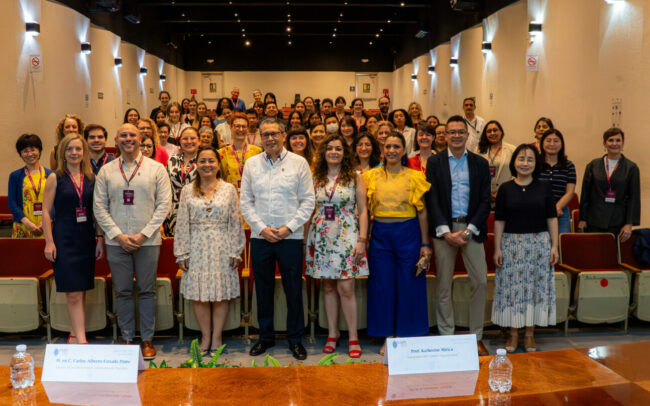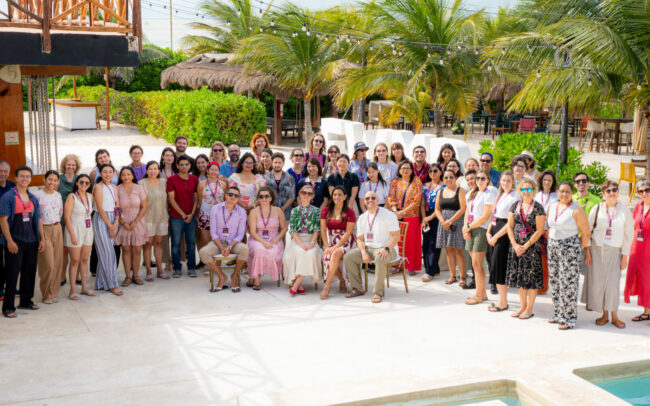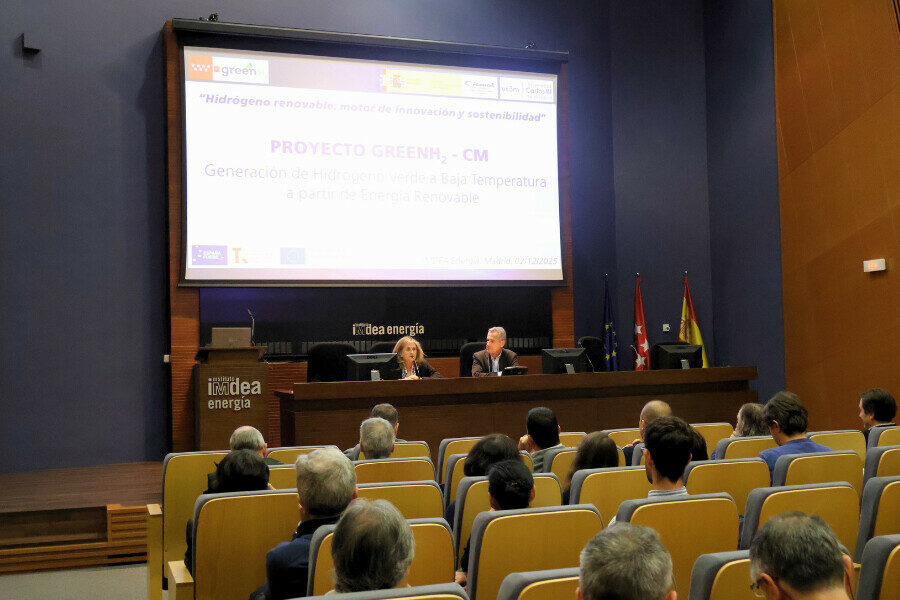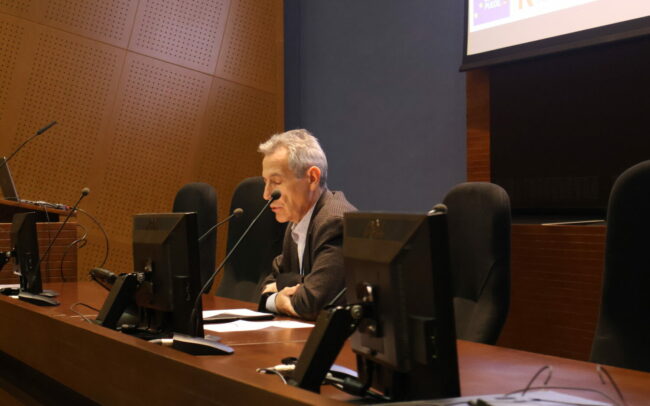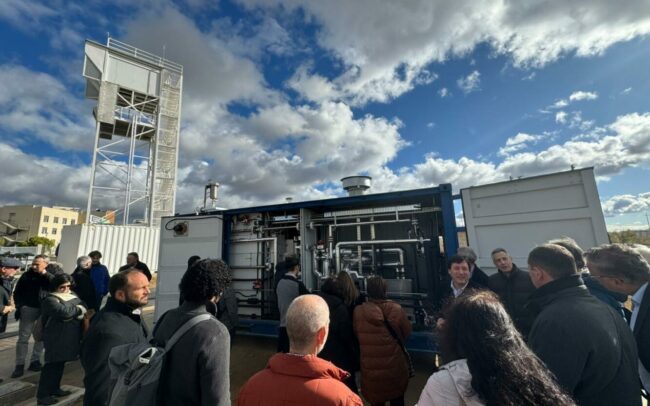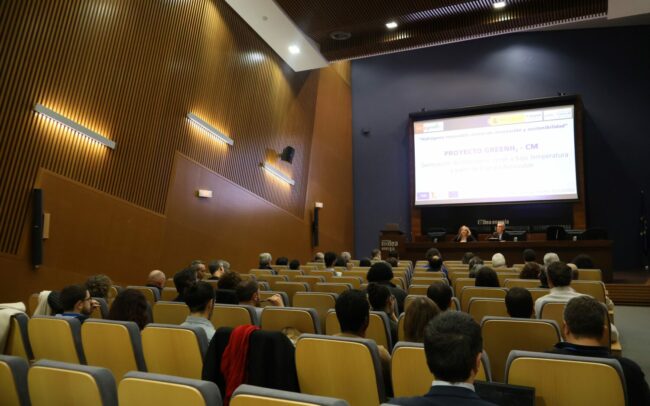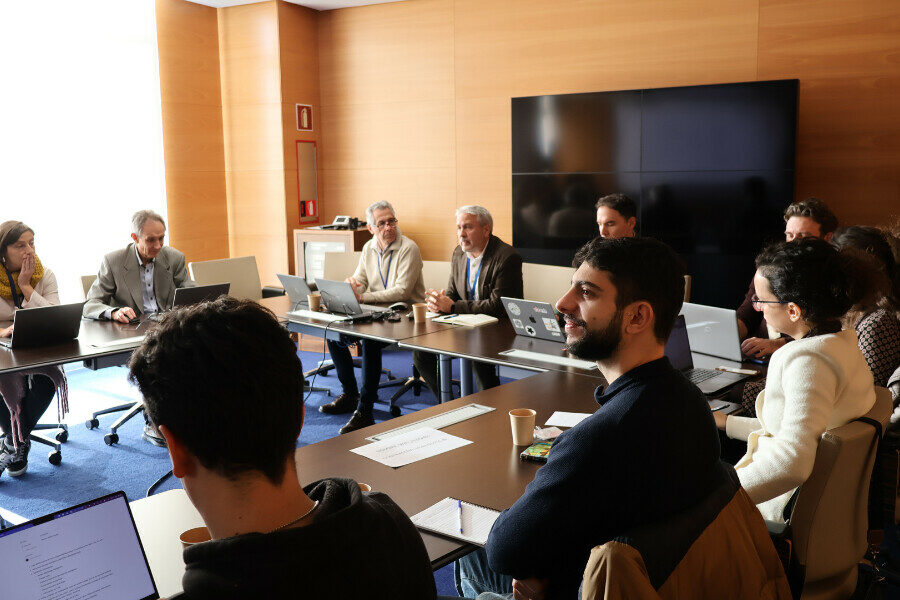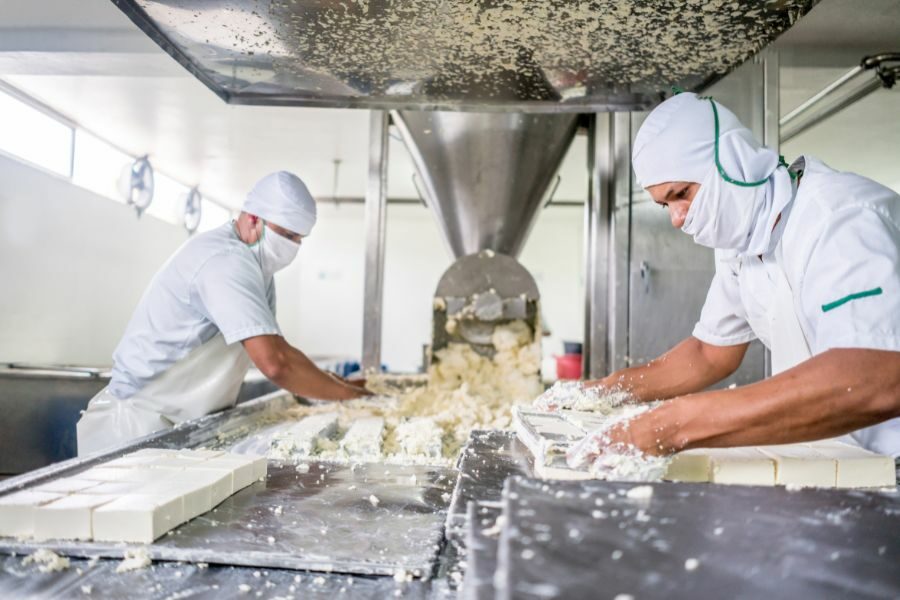Beyond emissions: the social challenges of the energy transition in Spain until 2050
The transformation of the Spanish electricity system towards a renewable model will not only involve technological and environmental changes, but also profound social consequences. This is the warning issued by a new study carried out by Rey Juan Carlos University and IMDEA Energy (Electrical Systems and Systems Analysis Units), which develops a prospective framework that integrates energy modelling and social life cycle analysis to assess the possible impacts of energy strategies for 2050 on issues such as working conditions and gender equality.
By incorporating a future projection of the electricity mix in Spain, the authors explore how social impacts would evolve in an energy transition scenario without structural changes in the overall social context. This methodological approach brings to light the ‘invisible’ social impact associated with the green transition in terms of child labour, forced labour, gender gap and contribution to economic development. Thus, it becomes clear that, although the general trend shows a reduction in social impacts with the implementation of new technologies, we are still far from achieving zero social impact, which is the goal to strive for.
This study opens up new avenues for integrating this type of social analysis into the context of energy planning. Without policies that promote responsible supply chains, the energy transition risks being environmentally successful but not necessarily fair from a social perspective.

